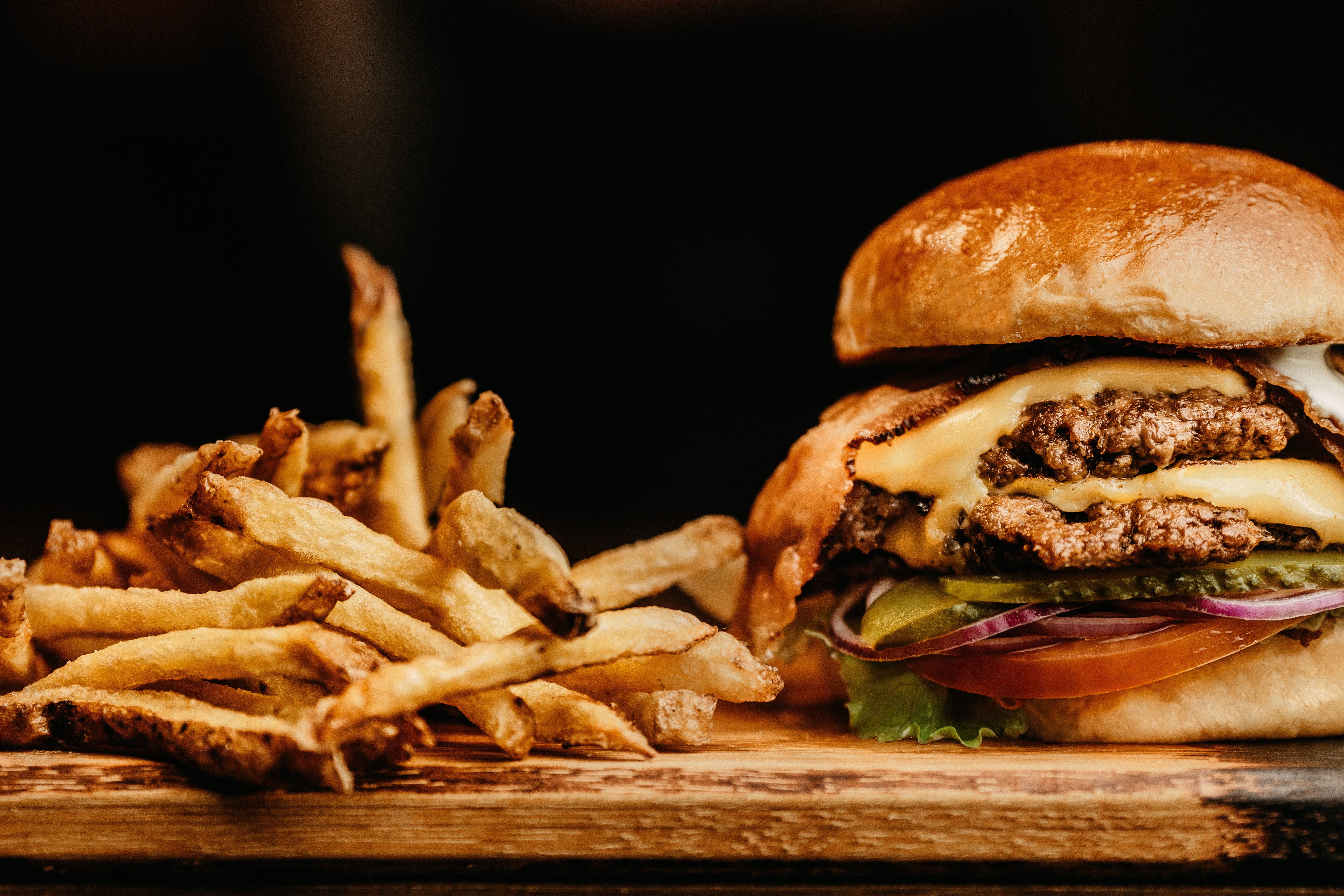Eating processed foods can lead to health issues, including the development of type 2 diabetes.
A new study reveals that individuals who eat ultra-processed foods are more likely to develop diabetes than those who stick to an all-natural diet. Processed foods are often higher in “sugar, fat, and empty calories,” according to researchers. “Consuming lots of these foods has long been linked to an increased risk of a wide variety of health problems including heart disease, high blood pressure, elevated cholesterol, obesity and certain cancers.”
Bernard Srour, PharmD, MPH, PhD, and colleagues wrote, “To our knowledge, although ultra-processed foods consumption was previously found to be associated with increased risks of cancer, cardiovascular diseases, mortality, depressive symptoms, and metabolic disorders, no prior prospective epidemiological study had evaluated their association with type 2 diabetes risk.”
They examined more than 104,000 adults without diabetes. Participants were 42 years old, on average, at the start of the study and most were followed for at least six years. An estimated 17% of participants’ diets consisted of ultra-processed foods, and those who eat these consumed an unhealthier diet overall and were more likely to be sedative and obese.

“Even if participants did not gain weight during follow-up, they were at risk of developing diabetes if their ultra-processed [food] consumption was higher,” said Srour.
The study also examined 821 people already diagnosed with diabetes. “Each 10-percentage point increase in the amount of ultra-processed foods in participants’ diets was associated with a 15% higher risk of developing diabetes,” the researchers noted in JAMA Internal Medicine.
The study found 166 in every 100,000 people who ate ultra-processed foods developed diabetes, compared with 116 out of every 100,000 people who ate the smallest amounts of these foods.
“We advise people to limit their consumption of ultra-processed foods and privilege unprocessed or minimally processed foods – of course in addition to a nutritionally healthy diet low in salt, sugar, fat and energy density; an optimal BMI; and healthy lifestyle behaviors,” Srour wrote.
Those hoping to lower their risk of developing diabetes should specifically reduce or eliminate from their diet red meats, pop, juice and other sugary drinks. They should also eat probiotics such as yogurt, vegetables, nuts and grains. Natural, one ingredient foods are the healthiest.
The connection between ultra-processed foods and diabetes persisted even after researchers “accounted for the nutritional quality of people’s diets, any weight gain and other metabolic disorders,” according to the study.
“It’s possible, however, that chemical additives and industrial processing that alters the cellular structure of foods both play a role,” Srour said. Also, there is the possibility that some of the study’s participants had diabetes which went undiagnosed, which posed a limitation to the research. The study also did not track the development of type 1 diabetes.
“Even so, the results add to evidence that ultra-processed foods can lead to health problems,” said Priscila Machado, a researcher at Deakin University in Australia. “Ultra-processed foods have characteristics that stimulate over-consumption and the displacement of healthy foods such as whole grains, fruits and vegetables, including their convenience, accessibility, affordability, big portion sizes, and the aggressive marketing and promotion of these foods.”
Sources:


Join the conversation!